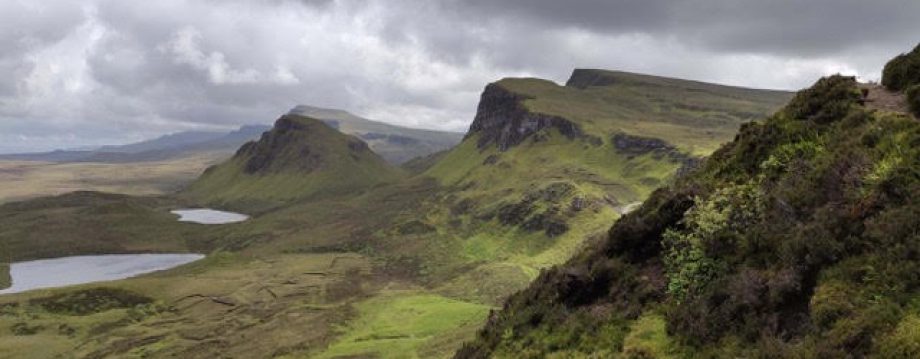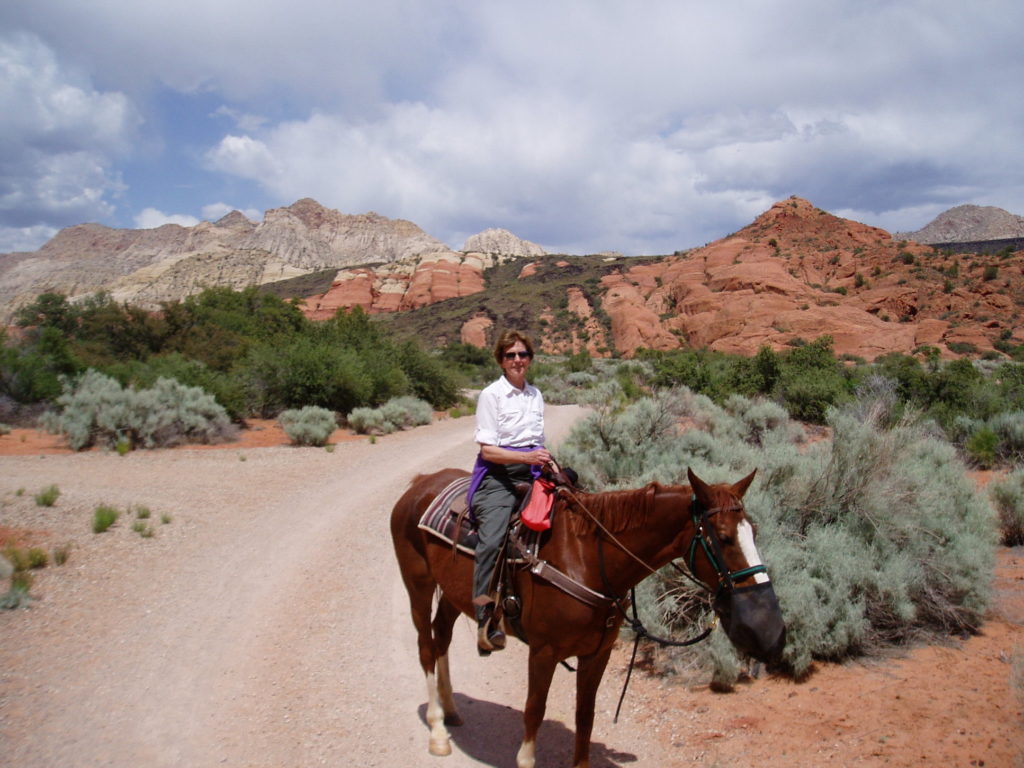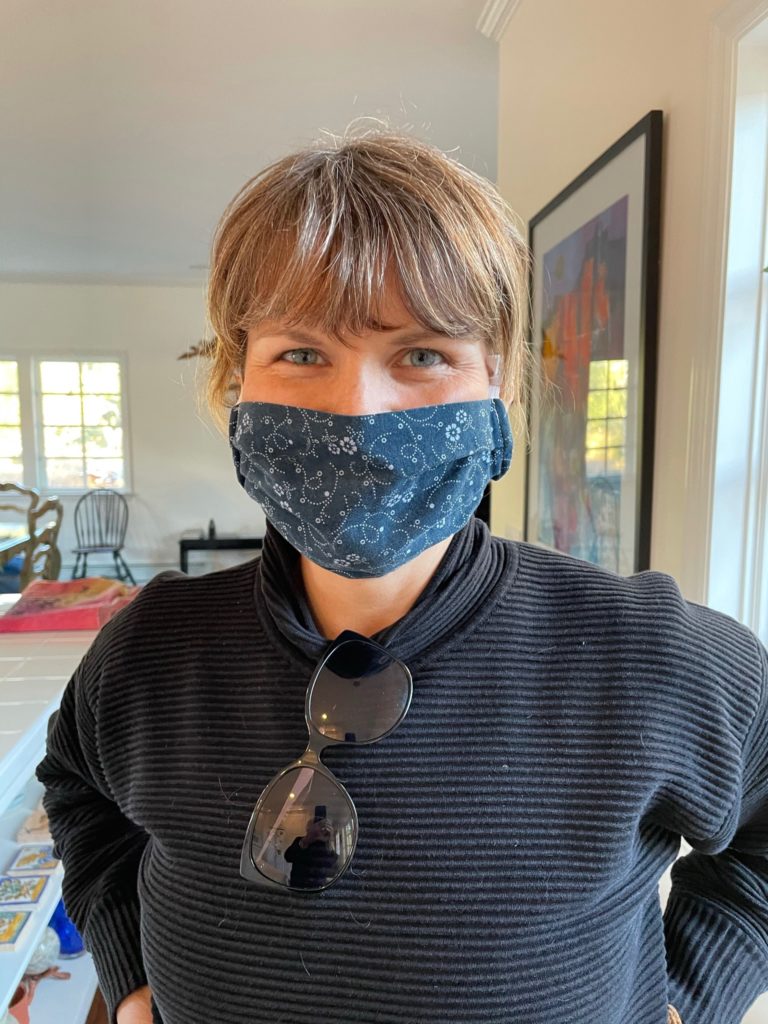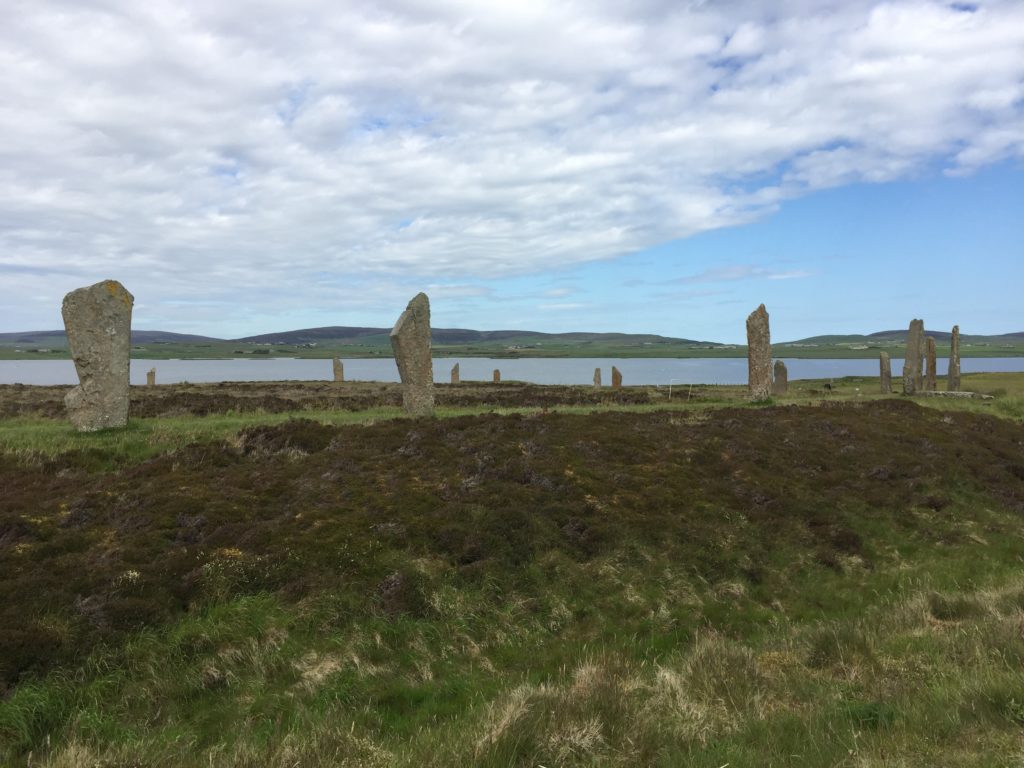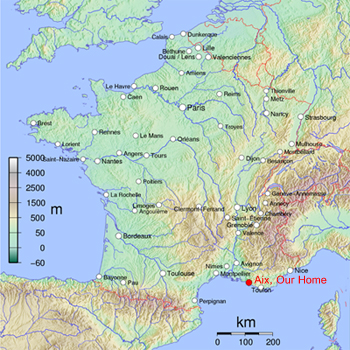At the end of October 2020, a season and year many of us wanted to be over and done with, I wrote a Post here titled “Mendacity and Music.” It was an effort on my part to find some way to name and contain my feelings about the terrible corruption and suffering that afflicted our country. As you will remember, mendacity refers to a system built on lies. Mendacity connotes a mixture of dishonesty, hypocrisy and audacity. For example, “if an individual makes statements wildly divergent from what one has held to be true in the past for reasons of personal gain, there is only one word in the English language that describes that phenomenon: mendacity.” (wiki)
And now, after only a couple of months, I find mendacity is too small a word to describe our current circumstances. Now I think of Perfidy: a word with a gentle sound, almost suggesting an 18th century dance or custom. But the actual meaning of the word warns us not to be fooled by outward appearances or sounds. Perfidy is not gentle: it describes the natural outcome of mendacity.
Perfidy means betrayal. It describes a “deliberate breach of faith or trust. . . . It is an act of treachery. . . . it is a form of deception in which one side promises to act in good faith with the intention of breaking that promise.”
Perfidy describes the time and circumstances we are now witnessing and experiencing. We the People have been betrayed; we are considered “the enemy” by the President of our country and his foot soldiers, both inside and out of the government. This is not hyperbole. One has only to look at and listen to the events of three days ago, January 6, 2021, in which the President was filmed inciting his followers to insurrection. At the urging and direction of the President, the Capitol of the United States government was overrun by a violent mob, with intentions to render our elected representatives unable to conduct their lawful business. The sitting Congress was urgently evacuated to secure locations. The President cheered on the insurrection from the safety of the White House.
I have to say, I don’t want to write this. As I go about my daily chores, walking my dogs, playing golf with friends, I briefly forget what happened just a few days ago. I forget that more violence is being planned for the coming days and weeks to take place not only in Washington, DC but also in my state, perhaps in my town. I try to forget that there are people in my community cheering on the violence and the efforts to overthrow our democracy. That is not hyperbole. That is the goal of this insurrection. And when I am hiking or sleeping I can briefly forget that COVID-19 is raging all around us, coming ever closer like a tidal wave.
I am old. I was born in 1940 near Philadelphia, PA. As a small child, our food was rationed because of the War. My father was a neighborhood air raid warden, which meant that when the sirens suddenly blared in the night-time darkness, he set off to assure that everyone pulled tight their blackout curtains so the enemy could not see where our homes and towns were. Hitler was overwhelming Europe, and there was fear that the US would be under attack also.
These are memories of a small child. Anne Frank died when I was five. She died of disease in an extermination camp when she was 15 years old. As an adolescent I read about Anne. I heard the stories of Auschwitz-Birkenau and Bergen-Belsen where she died, and the intention to exterminate all Jews. As a teenager, and ever since, even until today, I have wondered: What would I do if this were to happen in my country? How would I resist?
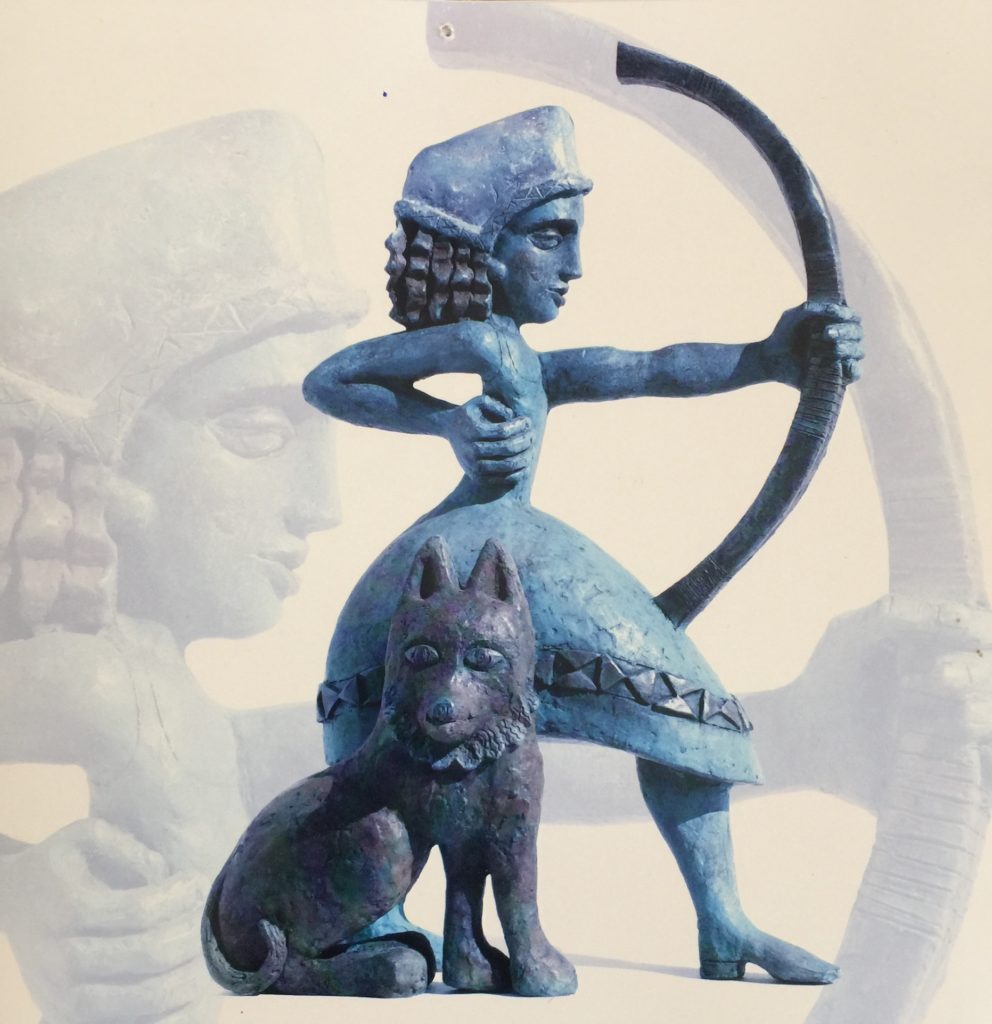
I think the time is here. I think the time is now to try to answer the question of how to resist, even though I can feel the pull of wanting to let others worry about our peril, or hoping it will all be okay and fade away. But that’s not the way it works, is it? Strong men, bullies who want to be king know how to manipulate those who wish to look away, and to punish those who do not. This will not be easy.
Perfidy, betrayal and treachery, will win if not exposed and resisted. The betrayal and destruction of democracy is the intended outcome of the insurrection(s) we are witnessing. It is built on mendacity, a system of lies: that the pandemic is a hoax, the election was rigged, that the President is invincible. This has been coming a long time. It is here now.
Three days ago, during the insurrection, a burly white man proudly waved a Confederate flag in the Rotunda of the nation’s Capitol, a clear warning of violence directed toward our black citizens; outside a noose was hung from scaffolding. Insurrectionists called for the hanging of the Vice President, and others. Marauding men proudly wore shirts and hoodies displaying the logo “Camp Auschwitz.” On another, initials and numbers signified in code that “6 million Jews killed is not enough.” Threats of violence to Congress people and acts of violence committed on journalists and the Capitol police were carried out by the mobs who were directed and encouraged by the President of the United States and his surrogates.
But hey – what’s new? This moment has been planned and forewarned for four years. Now it is no longer mere words and threats which we have grown used to and become numbed to over the years. Surely it could not come to this. But now the attempted violent overthrow of our democracy has begun. We the People, our representatives, and our Constitution are targets. We are called the enemy. We are in danger. We must resist.
